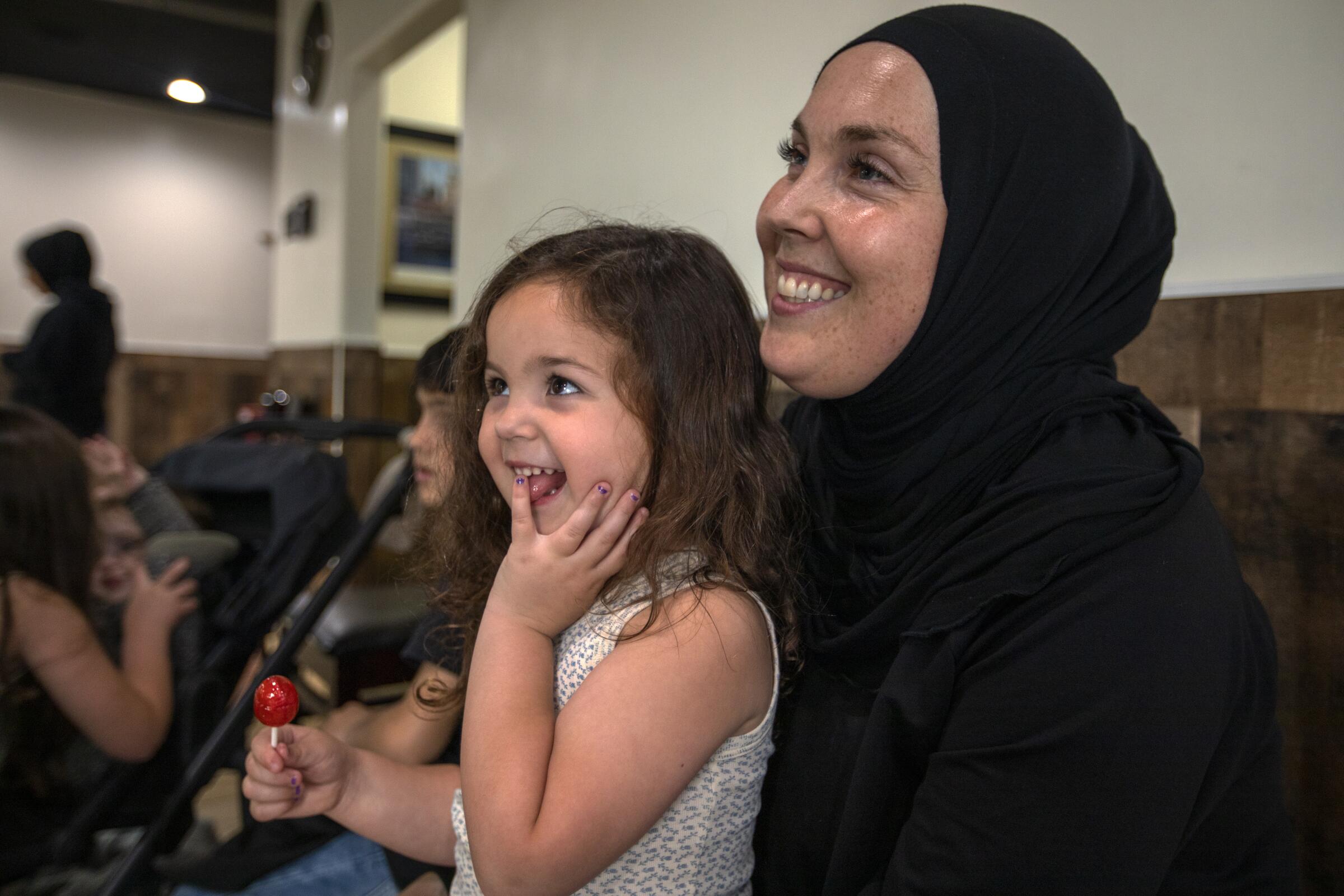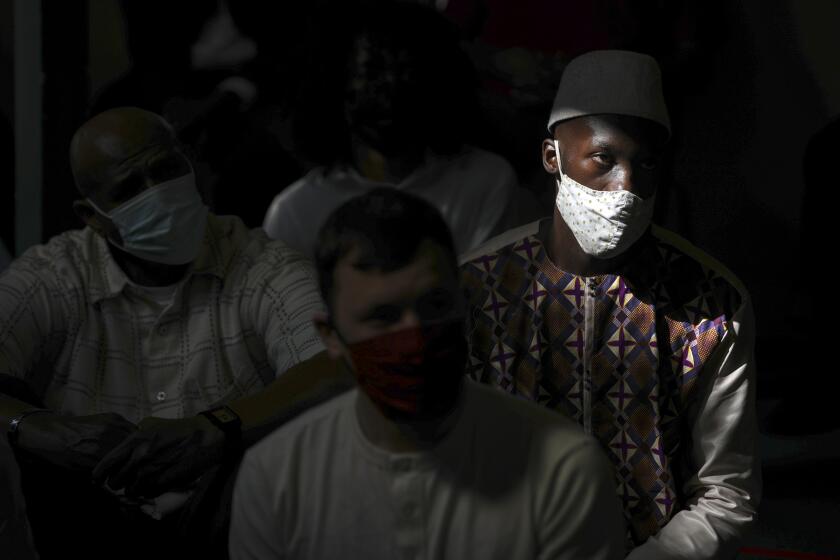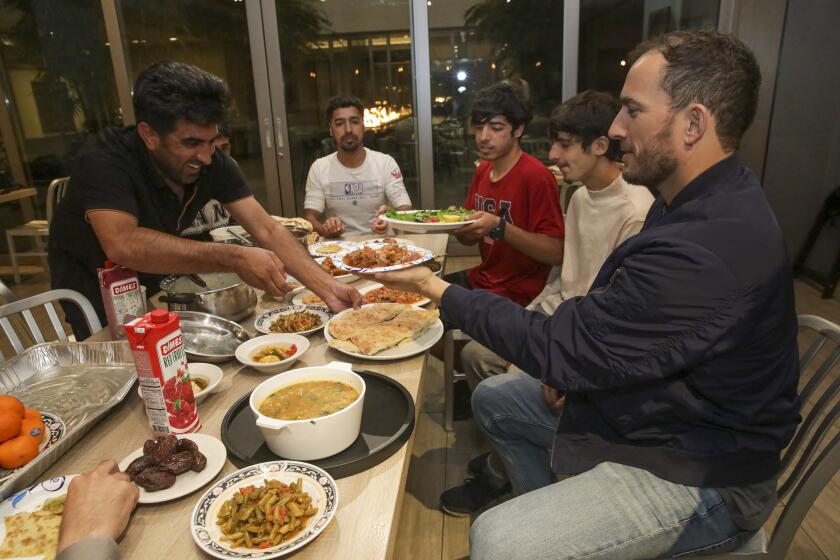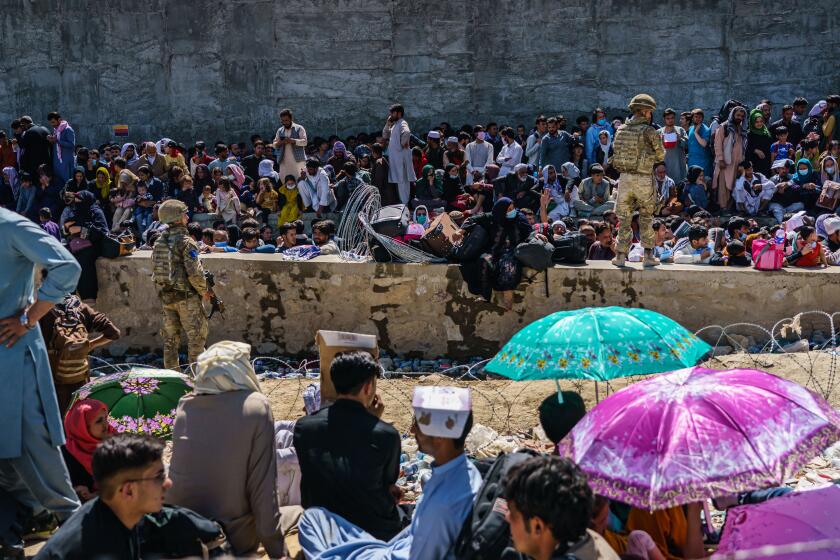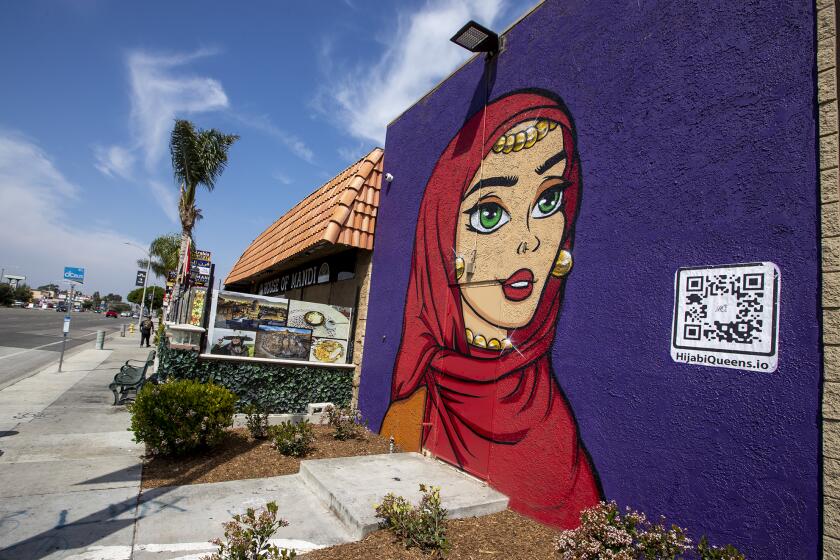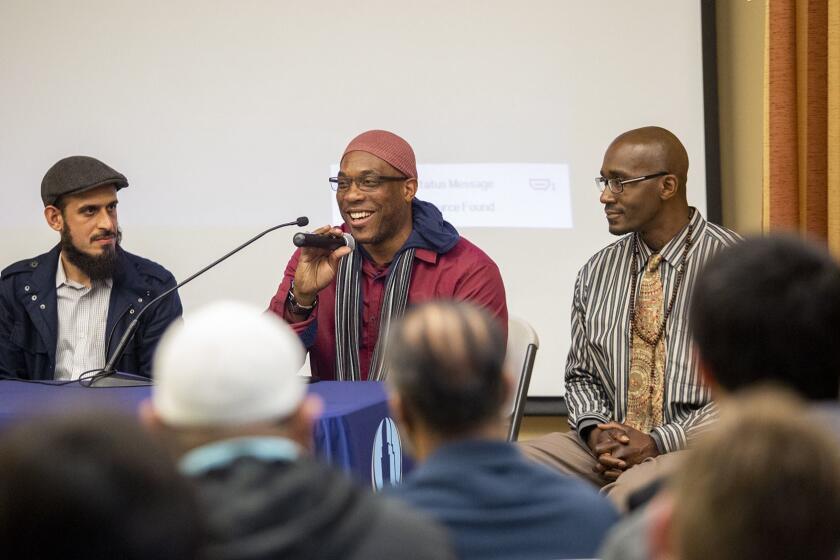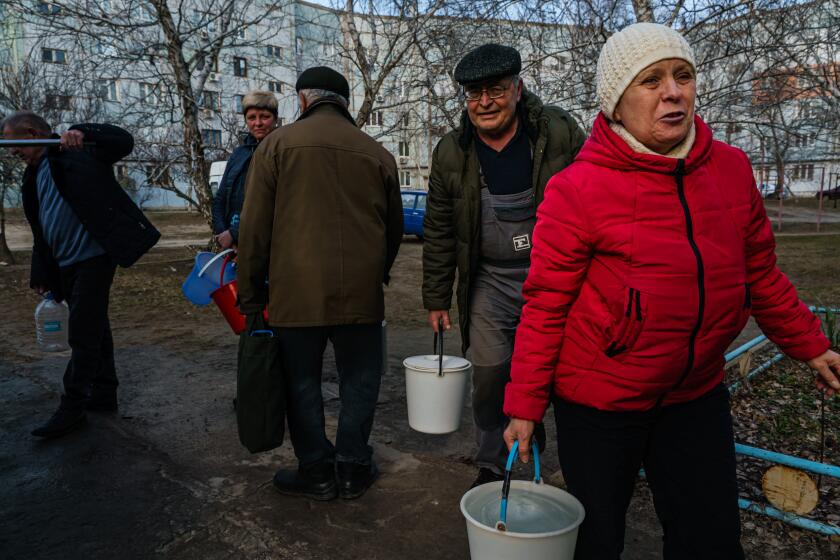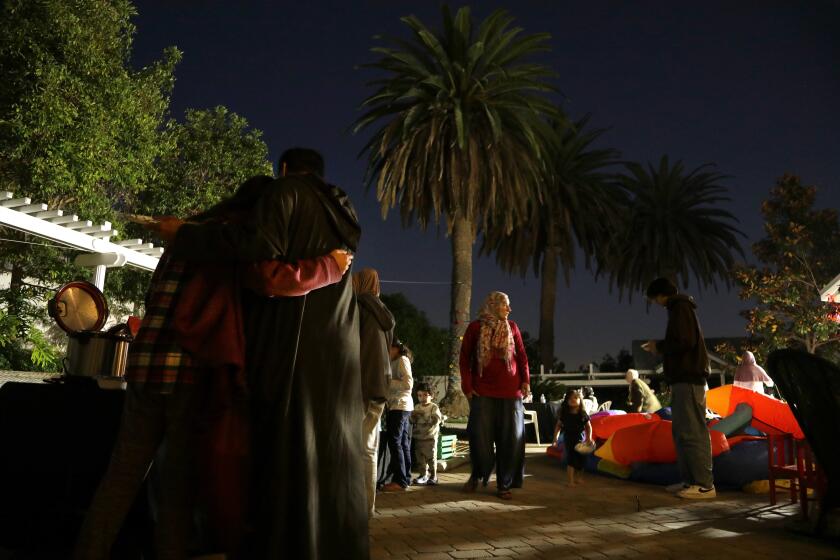Newsletter
Sign up for The Wild
We’ll help you find the best places to hike, bike and run, as well as the perfect silent spots for meditation and yoga.
You may occasionally receive promotional content from the Los Angeles Times.
Follow Us
Ada Tseng is a former assistant editor with the features team at the Los Angeles Times. She previously was with the Utility Journalism Team, which published stories and information that helped people solve problems, answer questions and make big decisions about life in and around Los Angeles. From 2018 to 2020, Tseng led coverage of Orange County as TimesOC’s entertainment editor, and she co-hosts the Asian American pop culture history podcast “Saturday School.”
